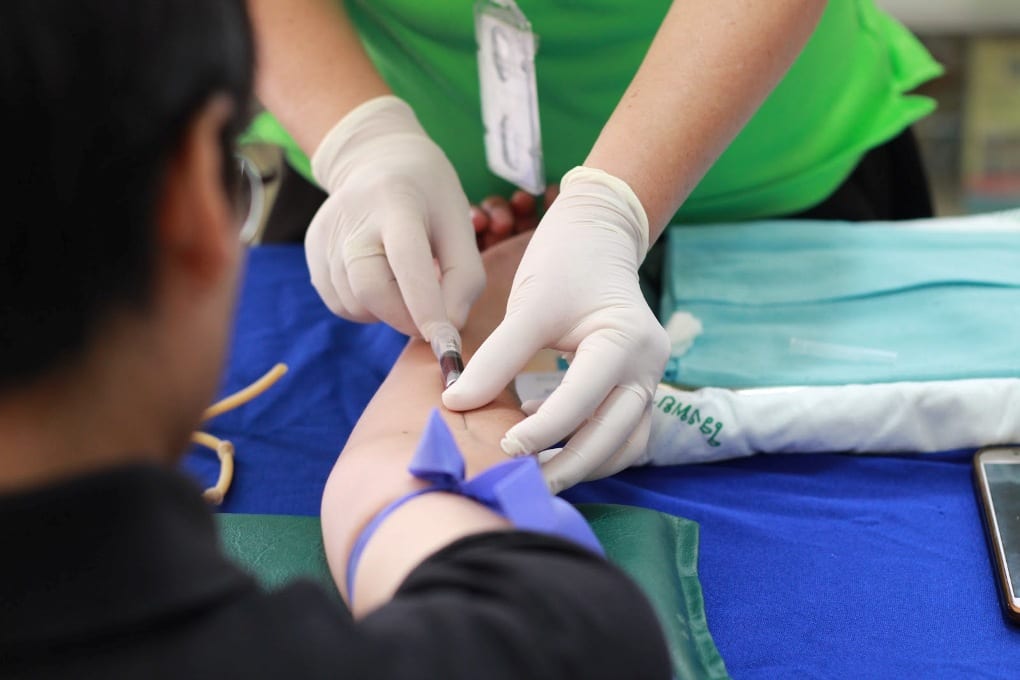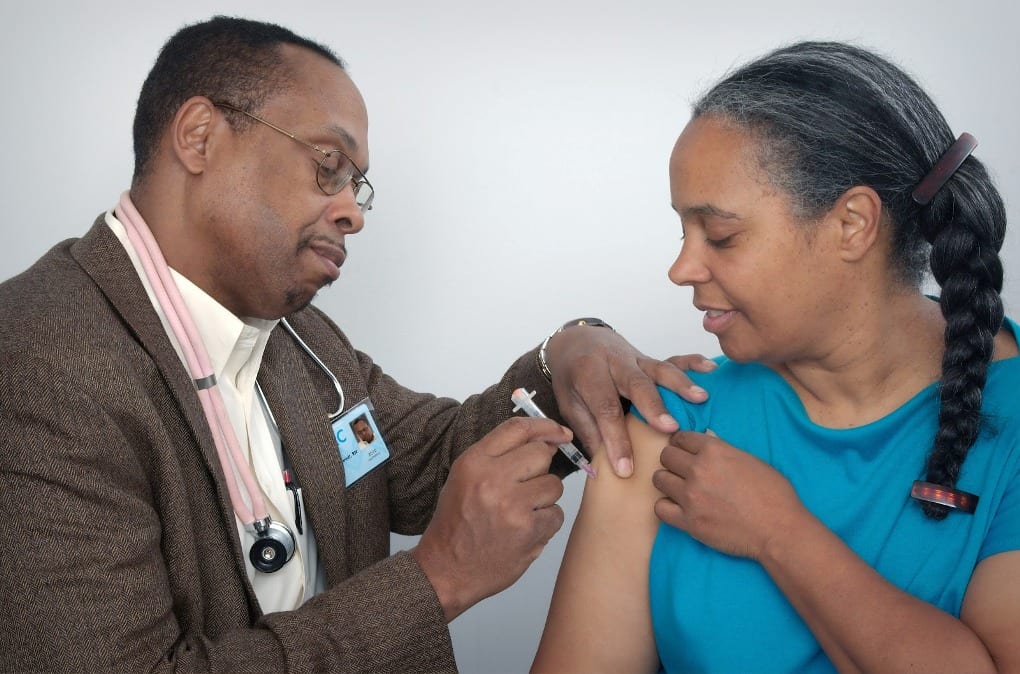Clinical skills are used by healthcare professionals to help improve a patient’s wellness. While studying medicine, students will learn how to examine and communicate with patients and how to work as part of a medical team to achieve their dream medical career.
Nurses, medical assistants, physical therapists, and physicians are all required to have clinical skills. To acquire these skills, you will need to show dedication to medical procedures and patient care.
If you are interested in learning more about how to develop clinical skills, then keep reading.
What Are Clinical Skills?
Clinical skills are the knowledge of the practices required during a traditional doctor-patient consultation. The clinical abilities listed below are fundamental soft skills and professional skills that are necessary in all clinical settings.
Below, we have explained these skills in detail so you can consider which of these assets your future career will require.
Communication Skills
It is essential that you develop verbal and written interpersonal skills so that you can convey information to patients and other medical staff.
Teamwork skills are also a key part of this category as you will work closely with other staff members. We have listed medical procedures below which require communication skills.
Interview Opening
The interview opening is usually carried out by a medical assistant at the beginning of the consultation. This is where you will establish a rapport with a patient and begin their questioning.
Patient History
Reviewing a patient’s history is an important clinical skill, and is usually carried out by a medical assistant or nurse. This is the first step in forming a diagnosis, and the information gathered can determine which healthcare strategy is used on the patient.
Examination
The physician then enters the room and conducts a physical examination of the patient to eliminate or discover further potential diagnoses.
Diagnosis and Outcome
Physicians create a plan for rehabilitating a patient’s health based on their diagnosis. This can range from a diet plan to a medication plan, physical rehabilitation, or a medical procedure, depending on the situation.
Practical and Procedural Skills
Healthcare professionals may work in a hospital, clinical setting, dialysis center, or nursing home.
During a clinical visit, a medical professional will first check a patient’s identity and confirm that a procedure is required, then explain the process to the patient (including possible complications and risks) and gain consent for the procedure.
They will then follow the approved hygiene processes before starting any surgical operation and will use the required personal protective equipment throughout the procedure. The patient’s follow-up examinations will be scheduled later.
Clinical Reasoning
Critical reasoning is the analysis, evaluation, synthesis, and a gathering of evidence used to pinpoint a patient’s problems. Medical professionals use clinical reasoning skills, active listening, medical history records, patient-doctor communication, and teamwork to find a solution.
Medical and Technical Skills
You will need to demonstrate excellent medical and technical ability as a medical professional. Depending on what career path you choose, there are many clinical skills you will need to know.
For example, you must be well versed in nutritional assessments, administering medications, drawing blood, urinalysis, changing dressings, removing sutures, IV infusions, swabs, and protective splints.
The only way to gain these skills is to go to a medical school to obtain the necessary training. The length of your higher education will depend on whether you decide to become a medical assistant, nurse, or doctor, or if you wish to enter another specific field of medicine.
Be sure to check the accreditations of your particular program, to be sure that you can get work as an accredited medical practitioner upon graduating.
Some Other Necessary Clinical Skills
- Cultural awareness
- Compassion
- Blood pressure assessment
- Pulse assessment
- Leadership
- Attention to detail
- Medical terminology
- Customer service
- Patient flow
- Phlebotomy
How to Improve Your Clinical Skills

The best way to improve your clinical skills is at a medical school, where you can practice on standardized patients. Standardized patients are simulated patients with a list of symptoms that a student can study to learn how to diagnose and treat different problems.
However, below are some additional ideas for how you can improve your clinical skills to flesh out your medical resume.
Previous Employment
Many forms of employment can help you attain some of these valuable skills. Gaining employment in customer service, at a hospital or a care home are great options. Any career that centers on communication with people or a clinical setting will help boost your resume.
Communication Skills
Whether written or verbal, there are always options to develop your communication skills. If you want to learn how to send professional emails, you may want to see what resources are available to you online or sign up for a study program to become a better writer.
You may also want to take a verbal communication course to work on your teamwork and patient care skills.
Medical Skills
These technical skills will require a mixture of study and practice throughout your career. A simple method for gaining technical skills is to write down the answers to common questions and study them repeatedly.
To practice more hands-on skills, you can learn how to give injections or remove sutures better by first practicing on inanimate objects, such as fruit or specially made plastic models. Further, you can take a course to practice CPR and general first aid before you being your medical program.

"Career Karma entered my life when I needed it most and quickly helped me match with a bootcamp. Two months after graduating, I found my dream job that aligned with my values and goals in life!"
Venus, Software Engineer at Rockbot
Emotional Resilience
The ability to approach problems and people with a positive mindset is instrumental in medical assistance careers. The smallest adjustments to your thinking can make a big difference.
For example, instead of seeing feedback as a sign of failure, think of it as a way to better yourself. Remember to take a deep breath when your emotions are running high and discuss any issues with your superiors so they can offer you guidance.
A Summary of Clinical Skills

Clinical skills include a wide variety of skills that are useful in any clinical setting. Generally, it refers to the communication procedures between doctors and patients, the critical reasoning skills and teamwork that go into delivering a diagnosis, and the medical and technical skills needed to help a patient recover.
According to the US Bureau of Labor Statistics, a medical assistant earns a median wage of $34,800. In comparison, a physician or surgeon earns an average of $208,000 per year. Thus, you should enroll in a medical program if you would love to start a career helping others improve their well-being.
This article has given you the background knowledge to help you decide if you want to move forward in developing the range of clinical skills that go into becoming a medical professional. Improve your skills so you can land your dream job.
About us: Career Karma is a platform designed to help job seekers find, research, and connect with job training programs to advance their careers. Learn about the CK publication.



